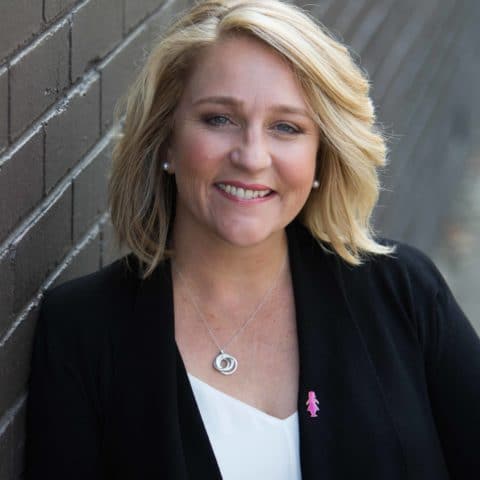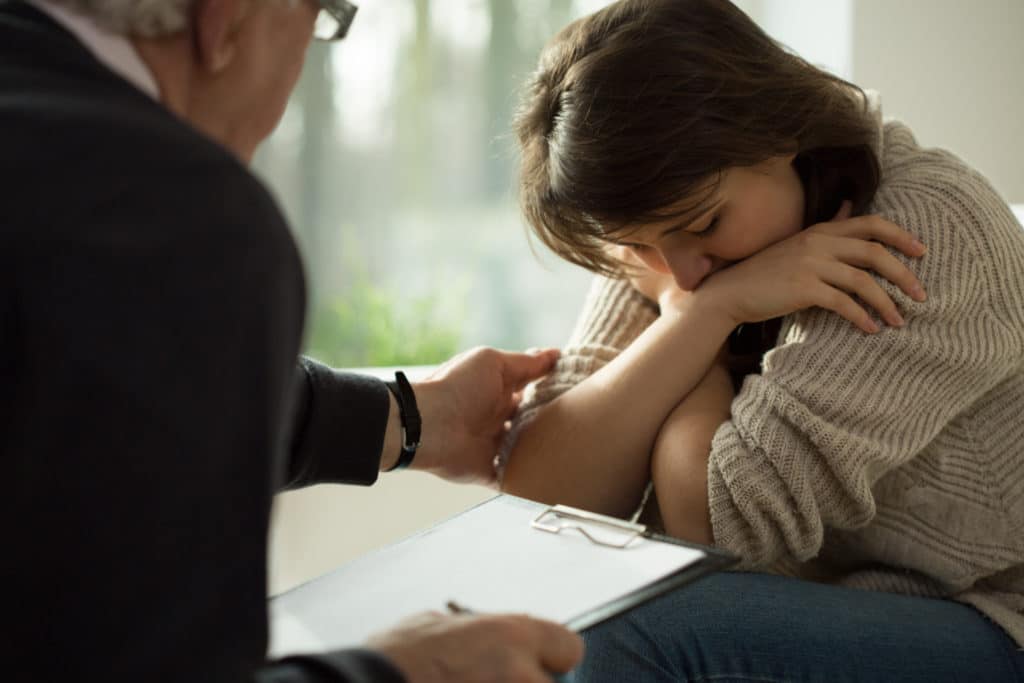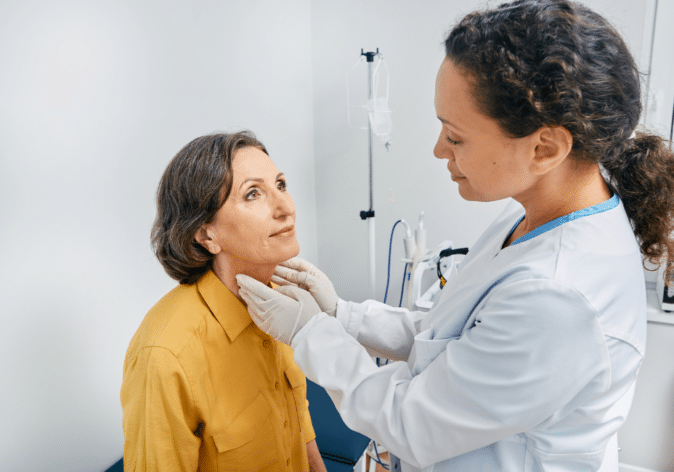The Impact Of A Breast Cancer Diagnosis
A breast cancer diagnosis can have a huge financial impact on women and men, and their families.
The diagnosis often comes as a shock and many are financial unprepared and unaware of how much out-of-pocket costs come with treatment.
Breast Cancer Network Australia (BCNA) surveyed 2,000 of its members who have received a breast cancer diagnosis, about the out-of-pocket costs of their breast cancer treatment and care, and other associated costs faced in the first five years after a breast cancer diagnosis.
Listen to the podcast
BCNA surveyed 2,000 members who have received a breast cancer diagnosis about the out-of-pocket costs of breast cancer treatment & care. BCNA’s CEO Kirsten Pillati takes us through the results of this survey on the BCT Podcast.
Public or Private Health
BCNA CEO Kirsten Pillatti said they found a huge range of costs for treatment and care across the private and public health system.
“We know that from the survey that 12% had no costs from their breast cancer experience which is great.”
“But we know that even if people make a choice to go public that there are out of pocket costs.”
“I think really what the research highlighted was that there was a big range and there is often a shock value to that range and so anywhere from 25% of the 2,000 had out of pocket costs of more $21,000 and those who were in private had an average of $17,500 out of pocket.”
She said previous research found through their State of the Nation reports found that many people were un-informed about the costs associated with public and private care.
“What we heard was that at the point of being told you had breast cancer, either through BreastScreen or your GP, the only question you’re asked is ‘Do you have private health insurance?’”
“I think for many people who have been paying private health insurance for years and now have been diagnosed, they think it’s going to help them be fast tracked through the system and help with a lot of your anxiety,” said Ms Pillatti.
“But actually, what people don’t realise is just how many things have out of pocket costs and how many things are not covered by your private health insurance.”
“The biggest shock of all, being that radiotherapy in breast cancer is not covered by your private health insurer and I think there is an absolute lack of clarity from clinicians to patients around that.”
How Location Impacts Treatment Options
Another discovery of the report was how location can affect treatment options and employment impact.
“In metro areas, 50% of households had a loss of household hours. But if you look regional areas, 70% had a significant loss of household hours.”
“We also found in rural areas their out of pocket costs were the same but actually they were having less treatment options,” said Ms Pillatti.
“So, many people were choosing not to have reconstruction, not to have radiotherapy and really, sadly, not to have some of the follow up tests that are required just because they simply can’t afford it.”
She said the fall-out from this can have a significant impact on the patient’s future health.
“84% of our members report the thing they most fear about is that their breast cancer will return or will, if they’re a metastatic patient, progress.”
“When people are forced to either pay for their electricity or pay for a scan that month,then electricity is going to win, and this is one of the real fundamental problems of the financial toxicity that we have.”
Ms Pillatti encourages anyone who is struggling financially during their breast cancer experience should contact Centrelink, The Cancer Council or BCNA for assistance.
You can read the full Financial Impacts of Breast Cancer in Australia report here.
Support Us
Help us to change lives through breast cancer clinical trials research




